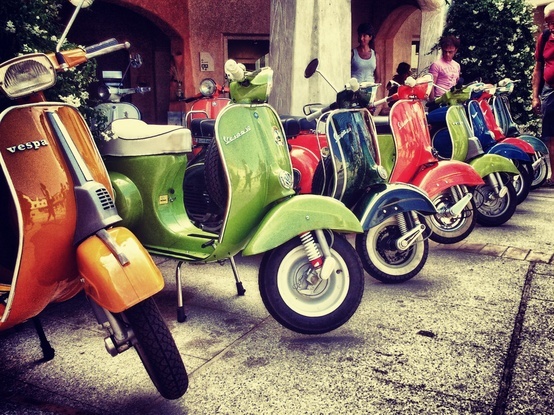On November 11th US President Barack Obama and Chinese President Xi Jinping announced a deal on carbon emissions. As part of the agreement, President Obama said the US would emit 26-28 percent less carbon in 2025 than it did in 2005.
Some days afterwards (November 15th-16th) the G20 Leaders' summit gathered in Brisbane to discuss macroeconomic policies and the development of comprehensive national growth strategies aimed at strengthening the private-public partnership to enable productivity, growth, job creation and more welfare for all population. Initially unscheduled, the climate change talk was brought up to the Australian table where Mr. Obama announced that the US would be contributing to $3billion to the Green Climate Fund that aims to help developing nations cope with the effects of global warming.
Two major climate change conferences will take place in Lima, Perù in December 2014 and in Paris, France in 2015 where negotiations are underway to develop a new international climate change agreement that will cover all countries and will make different types of non-binding commitments to reduce or limit the growth in their greenhouse gas emissions, as well as major economies committing to cutting carbon emissions from sources such as coal-fired power plants.
The environmental impact of carbon dioxide (CO2) is the primary greenhouse gas emitted through human activities. It is naturally present in the atmosphere as part of the Earth's carbon cycle (the natural circulation of carbon among the atmosphere, oceans, soil, plants and animals). Human activities are altering the carbon cycle- both by adding CO2 to the atmosphere and by influencing the ability of natural sinks, like forests, to remove CO2from the atmosphere. CO2 is found in fossil fuels (coal, natural gas and oil) for energy and transportation and in cement and it is used in our homes ( electricity) and we benefit from it on a daily basis ( transportation, industry).
I am thinking about city urban planning, transportation, and our willingness and necessity to move from one place to another for work or leisure reasons. Since traffic jams make us mad, especially in big cities, I was thinking of Green Vespas. Green in color and in substance. Powered up by solar energy, they could save us from natural disasters, increase of sea levels and increase of Earth's temperature, which is transposed in bad health, higher risks of illnesses and premature deaths to pollution. In our daily activities, we can contribute by being responsible green citizens and by adopting small but substantial changes in daily habits, by knowing where carbon dioxide is found and by acting to reduce it in our own practices. Transportation can be one. Food can be another one, knowing for instance that some animals produce large amounts of methane, which is a greenhouse gas that packs 72 times the punch of CO2 over a 20 years period. Reduce food miles by buying locally, by understanding that the further the food comes from, the more CO2 have been emitted all along the travel; Reduce our household energy use, by switching off lights and computers when we leave a room. Practice the art of recycling (we throw away so many things and we don't know that large amounts of energy and water go into producing endless amounts of stuff that we don't end up using).
In one sentence, Let's think sustainably and let's change our behaviors so that we can reduce our individual carbon footprint to make a global sustainable improvement in our lifestyles and in the lives of millions.
For more information on Environment:
US: United States Environmental Protection agency
Europe: European Union Environment agency

